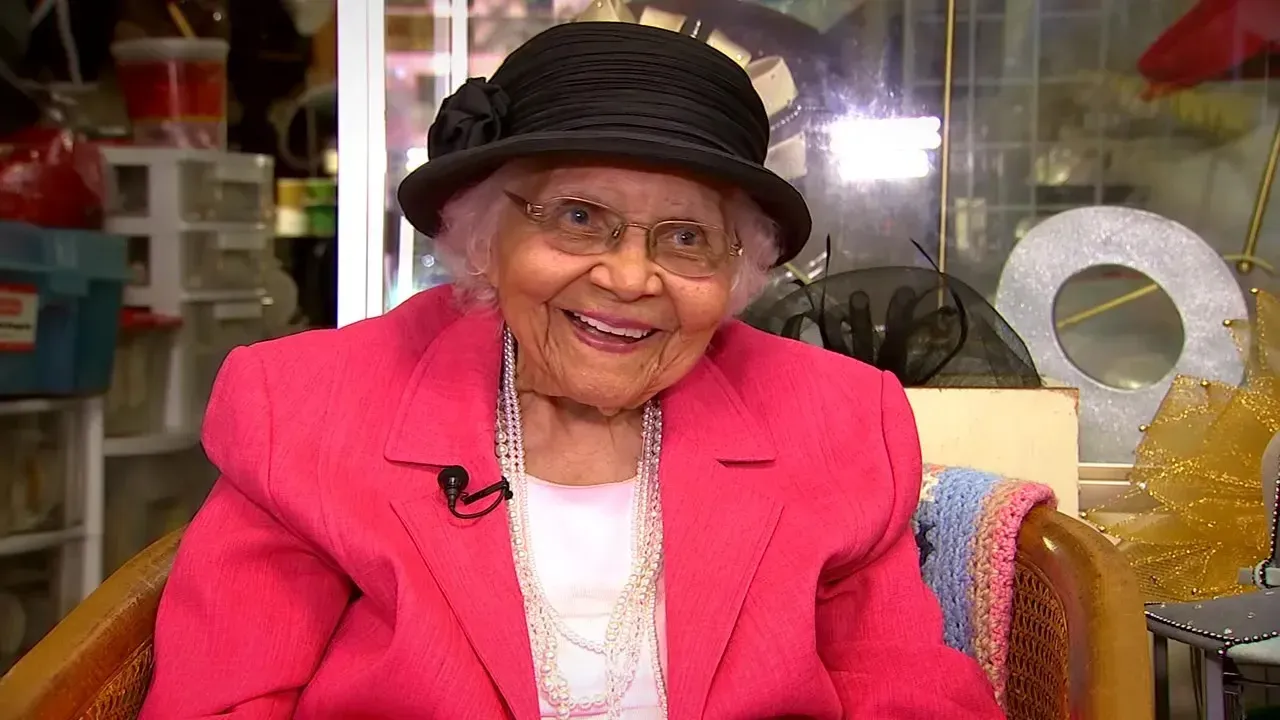Spices, Stories, and Soul: How Indian Cuisine Brings People Together
Indian cuisine is far more than a collection of recipes or a palate of flavors, it is an embodiment of community, memory, identity, and storytelling. Each dish carries with it a narrative shaped by centuries of history, trade, tradition, and familial love. From the smoky richness of tandoori meats to the tangy warmth of tamarind-based curries, Indian food is a cultural force that unites people across generations, geographies, and backgrounds. For Indian communities across the globe, food is more than sustenance; it is a link to heritage, a vehicle for storytelling, and a powerful tool for connection.
A Culinary Mosaic of India’s Diversity
India’s culinary landscape is one of the most diverse in the world. With over 29 states and hundreds of linguistic and ethnic communities, the range of food traditions is staggering. Indian cuisine is not a single entity but a constellation of regional and cultural expressions. The thali itself, a platter offering a balance of flavors, colors, and nutrients, is a metaphor for India’s worldview: wholeness, diversity, and harmony.
From the creamy gravies of Punjab, the coconut-laden stews of Kerala, the spicy chettinad fare from Tamil Nadu, the mustard-infused fish dishes of Bengal, the sweet-savory balance of Gujarat, and the fiery meat preparations of Telangana, each region reflects a unique geography, climate, and cultural ethos. Even within one dish, such as biryani, dozens of regional styles exist. Staples like dal (lentils) and roti (flatbread) differ vastly in preparation and seasoning across regions.
Indian food is known for its bold flavors, intricate spice blends, and deeply rooted cultural rituals. But beyond the spices and the regional distinctions lies a deeper cultural significance. The unifying thread is the role food plays in community and connection. Meals in Indian households are rarely solitary. They are events, gatherings of family, neighbors, and friends, often imbued with ritual and care. Whether it’s a humble dal-chawal dinner or an elaborate wedding thali, food serves as a symbol of hospitality, celebration, and tradition.
Food as Memory and Migration
For Indians living abroad, food becomes a vital bridge to their roots. The aroma of cardamom-infused chai or the crackle of mustard seeds in hot oil can evoke powerful emotions of nostalgia, belonging, and identity. Diaspora communities across the U.S., U.K., Canada, and beyond have not only preserved Indian food traditions but enriched them with local influences, birthing fusion favorites like tikka tacos or butter chicken poutine.
Cooking also becomes a form of storytelling. Recipes are passed down like heirlooms. The act of teaching a child how to roll out perfectly round rotis or grind masalas by hand is a rite of passage in many Indian households. Food binds generations together, even across continents and time zones.
Breaking Barriers Through Flavor
Indian cuisine has emerged as a powerful tool for cultural diplomacy. Once considered too spicy, too oily, or too unfamiliar, Indian food has now gone mainstream. Michelin-starred chefs like Gaggan Anand and Vikas Khanna have introduced global audiences to the artistry behind Indian dishes. Television personalities like Padma Lakshmi have used food as a lens to explore issues of identity, migration, and justice.
Today, Indian cuisine is served in a variety of forms, from high-end tasting menus in New York to street food pop-ups in London. Vegan and gluten-free eaters are embracing Indian cooking for its naturally inclusive ingredients. Cooking classes, food festivals, and community kitchens have become avenues for cross-cultural connection. In the U.S., Indian cuisine has evolved from being exoticized to being celebrated.
Spices with a Purpose
One cannot speak of Indian food without mentioning spices. But these aren’t just flavor enhancers, they are carriers of history, trade, and medicinal wisdom. Turmeric, long before it became a Western health trend, was a cornerstone of Indian Ayurvedic healing. Cumin aids digestion; asafoetida reduces bloating; fennel cools the body. Indian spice blends (masalas) are customized by families and passed down like sacred knowledge.
The very process of preparing Indian food with its grounding, roasting, fermenting, and tempering, is an act of patience and presence. In a fast-paced world, this culinary philosophy offers a meditative counterpoint.
A Taste of Togetherness - The Soul of Indian Food
Indian cuisine teaches us that food is not just fuel, it’s a means of communion. It brings people to the table not only to eat, but to share, listen, laugh, and remember. Whether it’s the community meals served at a Sikh langar, the abundance of sweets exchanged during Diwali, or a simple Sunday lunch with family, Indian food nourishes both body and soul.
The idea of “anna daan” (the gift of food), is considered one of the highest forms of service in Indian philosophy. Rooted in the ancient scriptures, anna daan is not just about charity; it is a spiritual act of offering nourishment, love, and dignity to another person. In the Bhagavad Gita and other sacred texts, feeding someone is seen as an act of great virtue, believed to generate punya (spiritual merit) and foster a sense of collective well-being.
This ethos is reflected in everyday Indian life. It’s why no guest ever leaves an Indian home hungry. It’s why tiffins are shared with co-workers, meals are packed for neighbors, and strangers are welcomed with a warm plate. You’ll see it in temples that serve prasadam to thousands, in community kitchens like the Sikh langars that feed people of all faiths, and in homes where the first roti is set aside for a cow, or for a person in need.
In a world often marked by division, anna daan is a quietly radical act of inclusion, a reminder that food is one of the simplest, yet most profound, ways to care for one another.
As we celebrate India Heritage Month, let us also honor the kitchens, cooks, and cultures that have made Indian cuisine a global love language. In every spoonful of sambar or bite of biryani lies a story waiting to be told and shared.
About the Author
Bhavana Taneja is a franchise consultant who helps aspiring entrepreneurs navigate the complex world of franchising through strategic guidance tailored to their goals and strengths. With over a decade of experience in business development and client engagement, she is passionate about empowering individuals to make confident, informed decisions that lead to sustainable business ownership. Contact Bhavana at
bhavana@thefranchiseconsultingcompany.com.











